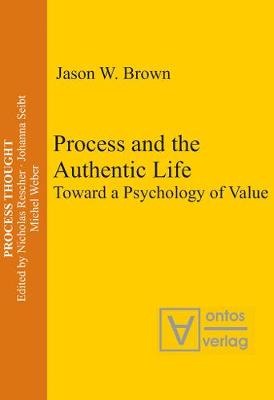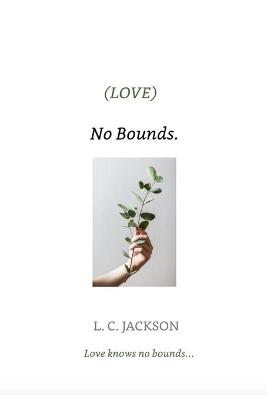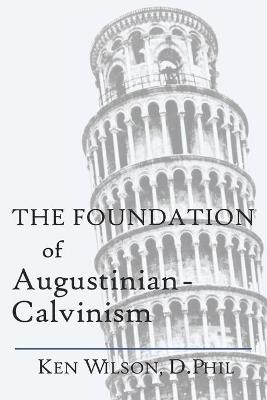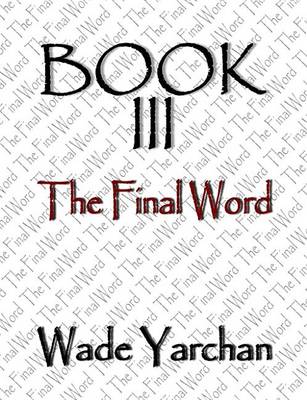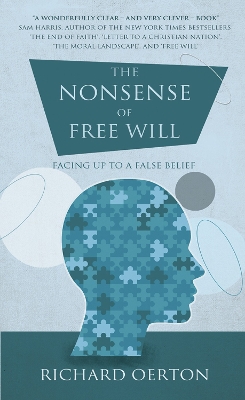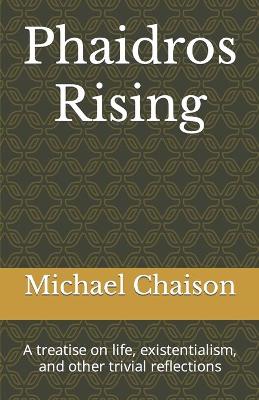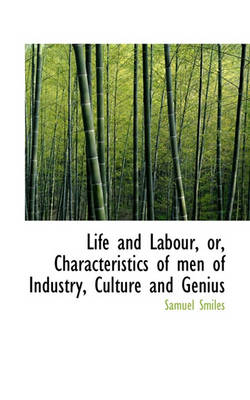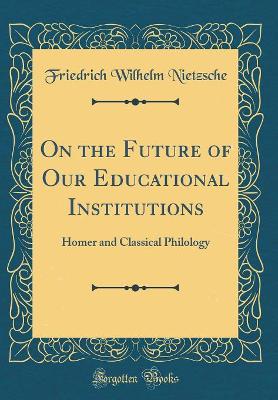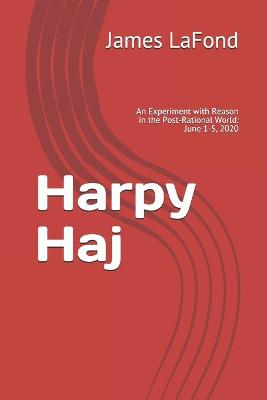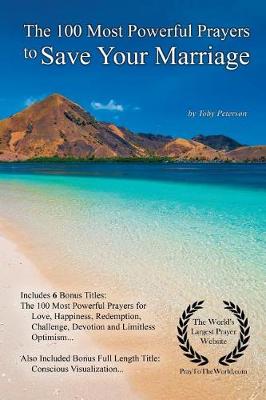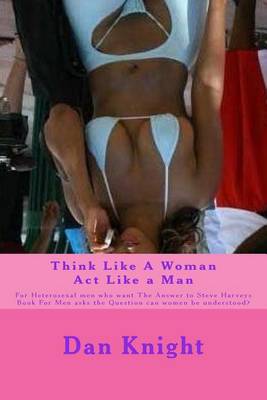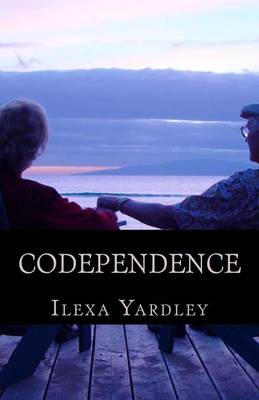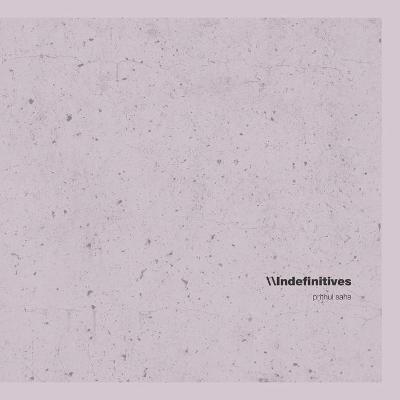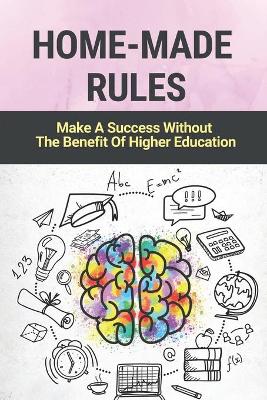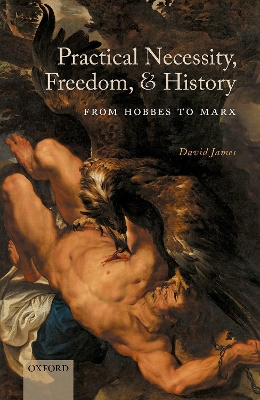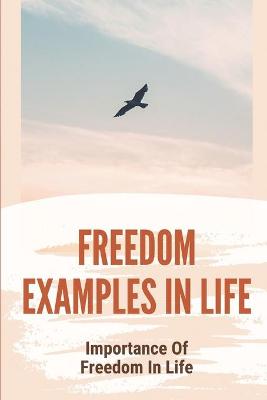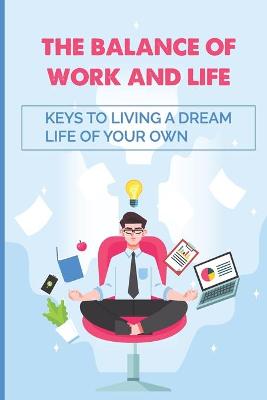The thesis advanced in this book is that feeling and cognition actualize through a process that originates in older brain formations and develops outward through limbic and cortical fields through the self-concept and private space into (as) the world. An iteration of this transition deposits acts, objects, feelings and utterances. Value is a mode of conceptual feeling that depends on the dominant phase in this transition: from desire through interest to object worth. Among the topics covered ar...
Did Myra Hindley deserve to be punished? Does any criminal? Is belief in free will an essential foundation for morality, or an excuse for unwarranted cruelty? Is free will a myth and, if so, can we let go of it? In this entertaining, accessible but deeply serious book, the author brings a refreshingly original approach to the age-old conflict between free will and determinism and comes down firmly against free will. But what does 'free will' mean? And if we rejected it, what would the consequ...
Life and Labour, Or, Characteristics of Men of Industry, Culture and Genius
by Samuel Smiles, Jr
Originally published in 1970. The question of man's freedom to exercise his will-as active an issue among twentieth-century philosophers and theologians as it was in the Jesuit and Jansenist camps known to Pascal-is basic to this study. Pascal's theological thinking, which Professor Miel demonstrates to be the source of unity and coherence in virtually all phases of his thought, is preoccupied by a concern for man's limitations. In his analysis of Pascal's theology, Miel is concerned not only wi...
On the Future of Our Educational Institutions
by Friedrich Wilhelm Nietzsche
In Orphan Black, several apparently unconnected women discover that they are exact physical doubles -- they're illegally produced clones, and someone is having them killed. Law enforcement is powerless to help. The clones are forced to form their own Clone Club to defend themselves. Orphan Black raises philosophical issues, as well as ethical and policy questions. What makes a person unique? Should we have a say in whether we're cloned? Is it immoral to generate clones with built-in defects? W...
The Complete Works of Jean-Jacques Rousseau
by Jean-Jacques Rousseau
By means of careful analysis of relevant writings by Hobbes, Rousseau, Kant, Hegel, and Marx, David James argues that the concept of practical necessity is key to understanding the nature and extent of human freedom. Practical necessity means being, or believing oneself to be, constrained to perform certain actions in the absence (whether real or imagined) of other, more attractive options, or by the high costs involved in pursuing other options. Agents become subject to practical necessity as a...
